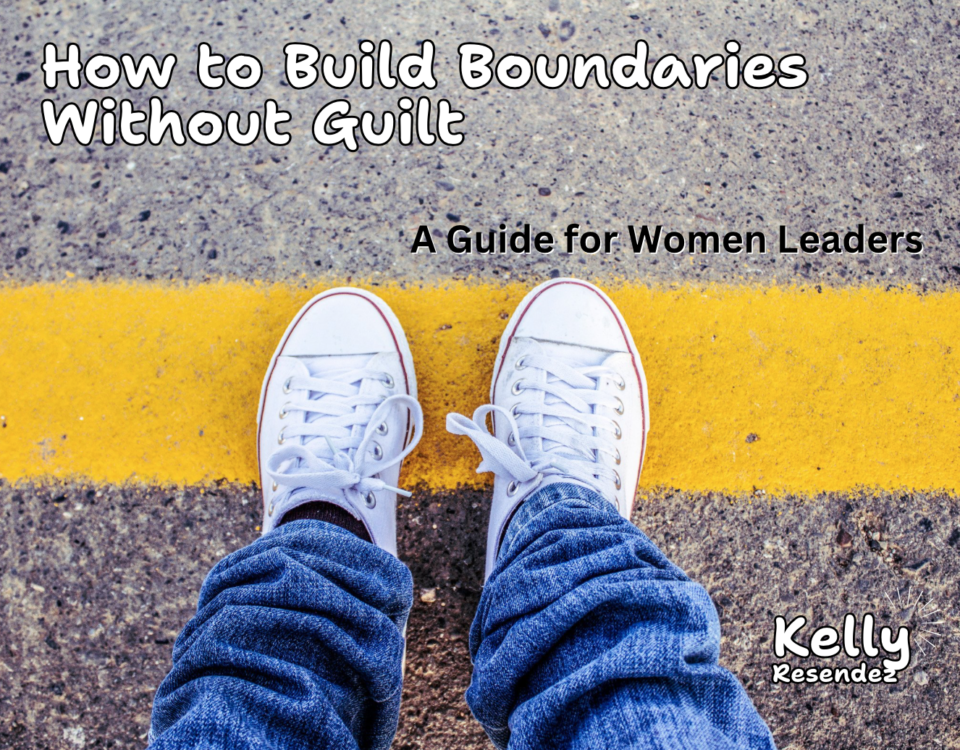
Managing Stress
June 8, 2018
Are You Fighting Other People’s Battles?
June 22, 2018Disappointment often hits you in the gut like a sucker punch. You expect a certain outcome, so you never see it coming when the outcome turns out to be different. Take an inventory of all your disappointments, and you’ll see they can be tied directly to a preference or belief you created and are likely avoidable. These preferences or beliefs develop over a lifetime and can guide your life. If you want to experience more joy, it is important you evaluate them to see if you are creating your own disappointment.
Start with creating a list of the common disappointments or big disappointments you have faced, similar to what you do when trying to manage emotional triggers. The list might include your kids being disrespectful, not progressing at work, your spouse cheating, the lack of like-minded available men or something more general like you wish your life was easier. Usually, these disappointments can be linked to a preference or belief you hold. For example, I would prefer my son was more respectful, and my disappointment shows up every time he is not. I could easily stay stuck in this (which is almost daily), or I can get clear about what respect is, and take massive action in helping him become more respectful. We expect so much of others when the truth is they may lack the skills or capacity to measure up to what we want.
Disappointment often leads to closing ourselves off, either emotionally or professionally. Emotionally we may stop giving love for a time to those that disappoint us, or even long-term if we are deeply hurt. We may create limiting beliefs like all men cheat or all men are selfish simply because one man hurt us. Our limiting beliefs then close us off to the possibilities of deep love because our little voice, which holds those beliefs, is always trying to protect us.
Professionally, disappointment can minimize your success. No one else can do what you do exactly how you do it. You might be afraid to delegate or ask for help because you have been disappointed in the past by someone not living up to your expectations. You live in fear others won’t come through. Unfortunately, this fear usually attracts exactly what you don’t want. What we focus on is what we get!
We cannot shelter ourselves completely from disappointment, but we can learn to move past it quickly and not allow it to leave a wound. Your brain is lazy. If you let it, it will take the easy route of remembering what happened in the past and projecting it to the future, keeping you from being open.
Use these steps and new beliefs to minimize disappointment and start experiencing more joy today.
Step 1: Make a list of disappointments you experience regularly.
Step 2: Determine what preference/belief it is in alignment with.
Step 3: Make a goal to overcome disappointment by changing your belief, and by committing to being grateful for the experience.
Then Adopt These New Beliefs:
- People do the best they can.
- Many people can do what I do, and some of them can do it even better.
- History only repeats itself when I let it.



